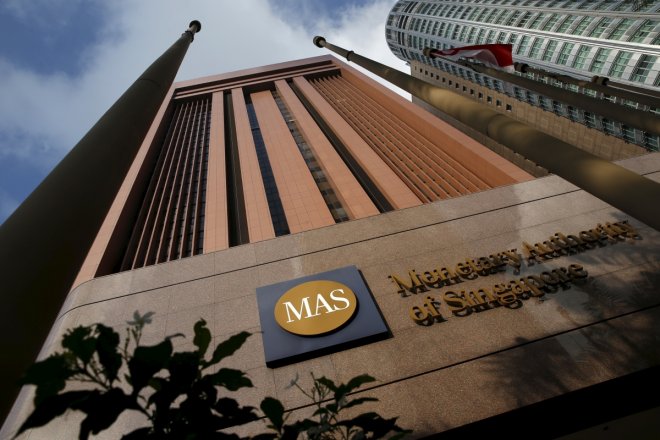
The high level economic strategists in Singapore have warned that the current trend of anti-globalisation momentum across the world will be the greatest challenge to the island republic's economy in the foreseeable future.
The Committee on the Future Economy (CFE), co-chaired by Finance Minister Heng Swee Keat, said in a report on Thursday that apart from technological breakthroughs that redraw the economic landscape, the major threat for Singapore economy emanates from the protectionist policies growing in Europe and the US.
"The anti-globalisation trend will undermine international trade, hurting all economies, but particularly small, open ones like Singapore," the taskforce said in the detailed report on the challenges to Singapore's economic development in future.
The CFE report, which was finalised after more than 80 sessions with several focus groups over a year and a half, said the immediate challenge stems from the tepid growth globally. It also takes note of the changing global value chains and new disruptive technologies that offer to replace whole industries.
The report, however, underlines Singapore's unique strengths, adding that the island economy is poised to tap into growing regional opportunities and deepen and diversify its international connections.
It said enhancing economic integration within the ASEAN grouping and building partnerships in broader Asia will help the economy in future. Singapore will assume ASEAN presidency next year, opening up an avenue to work closely with regional nations.
Despite the anti-globalisation momentum, it's futile to lose hope on the US and Europe, the report says, pointing out that the western world still has innovative companies and people.
"In the future economy, our people should have deep skills and be learning throughout their lives; our businesses should be innovative and nimble; our city connected and vibrant, continually renewing itself; and our Government coordinated, inclusive and responsive," said the CFE in the report.
The committee recommended a 7-point action plan to take the country through the challenging phase. The major spokes of the strategy are building partnerships, re-skilling the workforce, cultivating strong digital capabilities, and helping industries cope with changes.
Prime Minister Lee Hsien Loong accepted the recommendations of the expert panel and called for a "hard-headed and pragmatic" approach in implementing the proposals, according to Channel News Asia.








